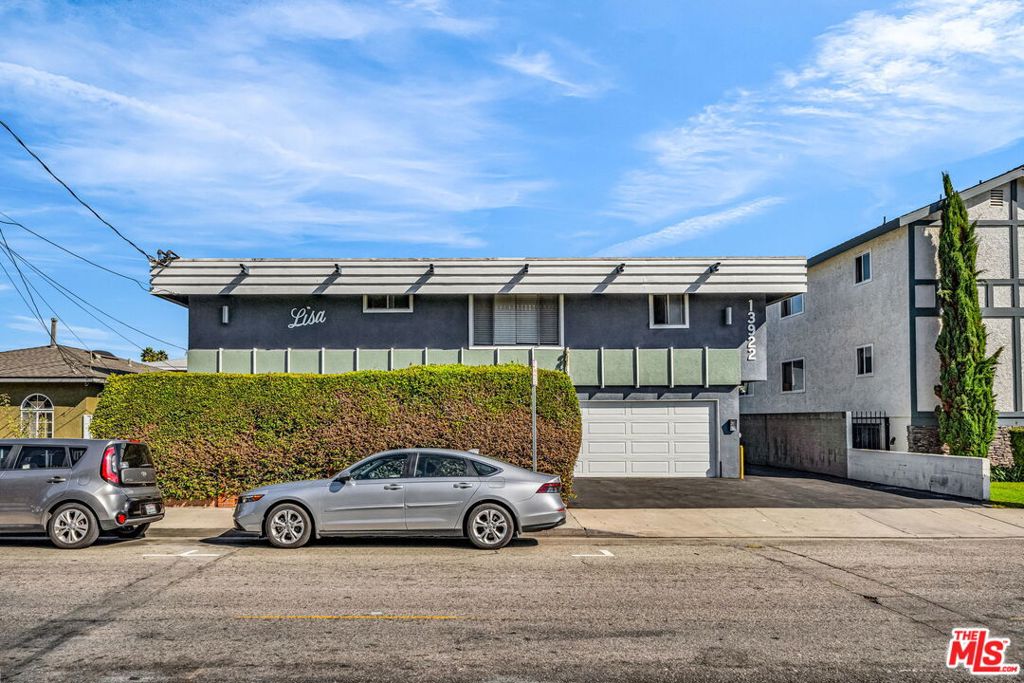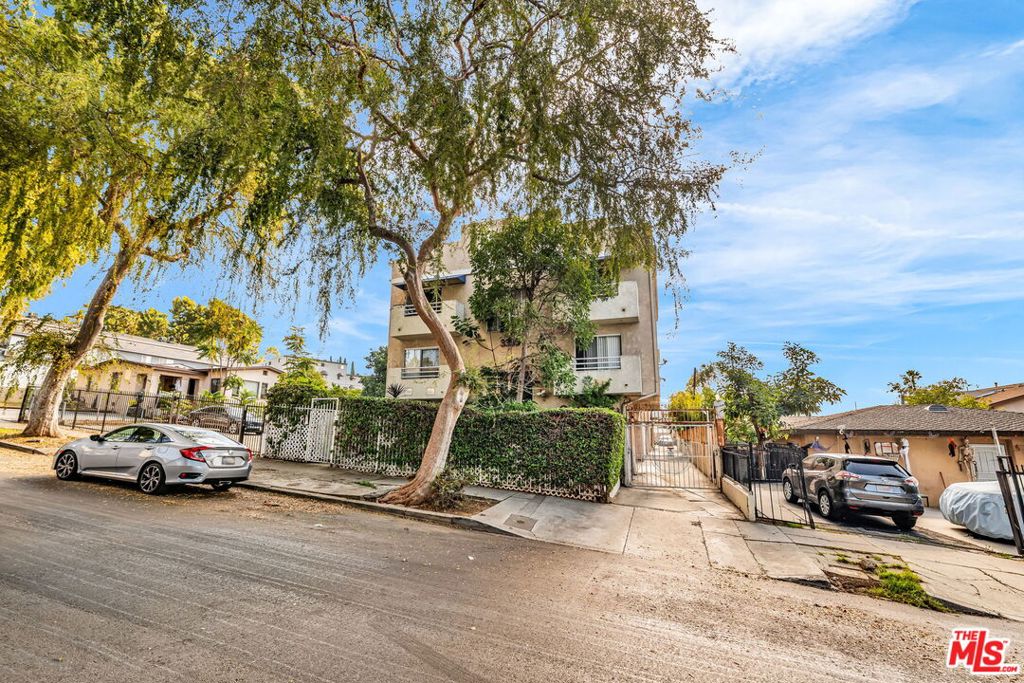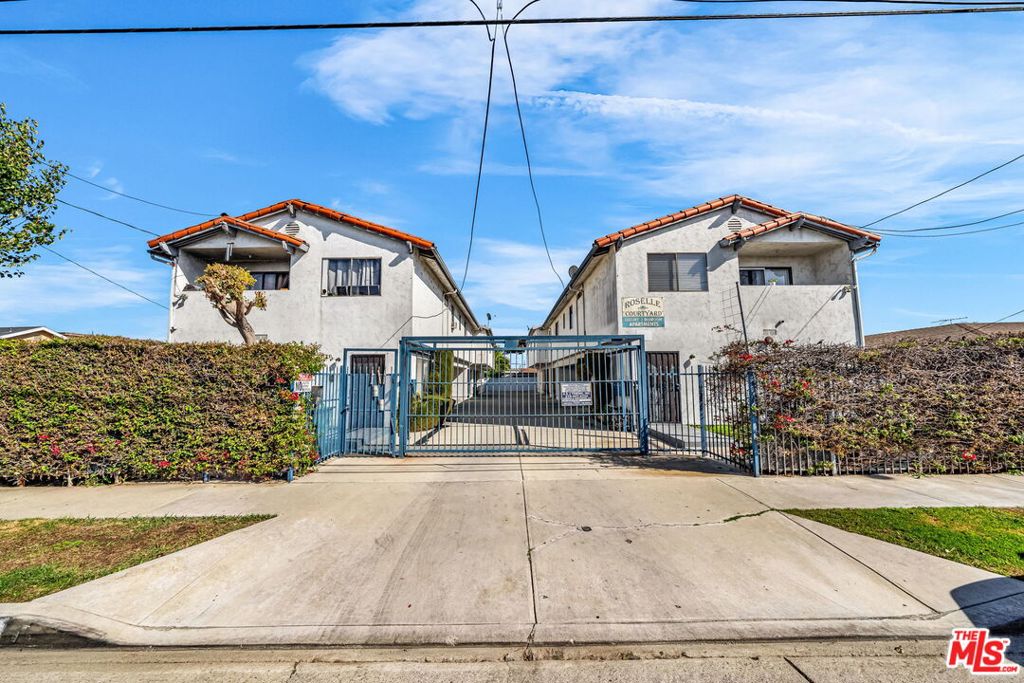If somebody passes away and doesn’t leave instructions on how to handle an estate (or if those instructions are unclear), the court may need to get involved with the sale of the home. They will normally appoint an administrator or an executor from among the beneficiaries to act on behalf of the deceased owner. Most probate properties for sale sell in an auction because of the seller’s inability to choose a preferred offer between multiple buyers. If you find yourself in the middle of a probate transaction as a buyer or seller, you may find yourself asking questions about what’s going on and what’s likely to happen next. This article will provide context around what takes place during a probate sale, specifically during the overbid (an offer by a prospective purchaser of real estate owned by an estate that is higher than the previous offer) process in a limited authority transaction.
WHAT’S UNIQUE ABOUT LIMITED AUTHORITY PROBATE SALES?
During a full authority probate sale, an executor or administrator with full authority can sell the property for any price. They aren’t required to wait for an offer that exceeds a certain percentage of the home’s appraised value because there is no court confirmation required. Limited sales have different requirements. The property must sell for at least 90% of the home’s appraised value. The court also dictates that an advertisement run in the local paper notifying the public about the home’s availability. Because they are seeking to act in the best interest of the estate, they want to receive the best price possible for the home. Their chances of receiving a more lucrative offer will increase if they are able to attract more buyers to the listing.
WHAT HAPPENS WHEN THE HOME GOES ON THE MARKET?
Once the home hits the public market, buyers will have a chance to see the property and submit offers. There’s no guarantee that the property will sell to the first interested buyer who submits an offer. When this happens, the court will schedule an auction date for 30 to 45 days in the future. They will continue to market the home during this time. Additional buyers may submit offers for the home as well, and all buyers must include a 10% deposit to be held by the court when they submit their offer.
ARE THERE RULES ABOUT HOW MUCH HIGHER EACH OFFER MUST BE?
Yes. California state law requires all offers after the initial offer to be raised by 10% of the first $10,000 of the cost of the home, along with 5% higher than the rest of the sales price. This is a complicated process, but here’s how it breaks down. Say that a probate home goes on the market for $1,500,000. The first bid comes in at the asking price. The next bid will have to be $75,500 (10% of $10,000 is $1,000, and 5% of $1,490,000 is $74,500). This process seems complicated, but it’s in place to ensure that the estate can receive as much money as possible for the home sale. The court typically adjusts bids on its own, so there’s no need for buyers to make these calculations themselves.
WHAT ELSE HAPPENS DURING THE 30 TO 45-DAY WAITING PERIOD?
The administrator or executor of the sale must submit a Notice of Proposed Action to all other beneficiaries to alert them of the potential sale. This document has to go out at least 15 days before the sale can be finalized. This gives everyone else a chance to make any objections or share any concerns they have about the sale. If this happens, the administrator and the beneficiary must both appear in court to make their case. The court will rule on whether the objection is valid and state if they need more time to consider all available information. The sale cannot proceed without court approval if an objection is filed. Beneficiaries can also waive their right to object, and the sale may still proceed if they fail to respond in a timely manner.
WHAT HAPPENS DURING THE AUCTION?
Each bidder will have a final chance to outbid all other parties. The winning bidder will receive the home, and losing bidders will receive their 10% deposit back. In some cases, the court may have to sign off on the sale one final time at this point.
FAQS ABOUT LIMITED AUTHORITY PROBATE SALES
Q: WHAT ARE THE PROS OF BUYING A PROBATE HOME?
Prices can sometimes be lower because of the court and the administrator's desire to find a deal quickly. Investors often find that probate properties can be had for good deals.
Q: WHAT ARE THE CONS OF BUYING A PROBATE HOME?
Because of the additional steps involved, it can take more time to complete your purchase. Probate homes may also need additional work or repairs before they are move-in ready since some properties have sat vacant for several weeks or months.
Q: WHO CAN I TALK TO IF I STILL HAVE QUESTIONS?
Probate sales can get pretty complicated, and it’s difficult to understand all the subtleties and nuances if you have no prior experience. Most people involved with a probate sale or purchase find that it’s highly beneficial to team up with an experienced probate real estate agent who knows what it’s like to handle these types of transactions. They can answer any questions you have about the process or the legality of certain measures. They will also represent you in conversations with the other party so that you don’t have to worry about missing anything important.
Perhaps you still have questions about limited authority probate sales or the overbid process after reading this article. If so, reach out to The CREM Group, and they will be happy to help. Their leaders have extensive experience in real estate law, and they understand the ins and outs of probate transactions as well as anyone. They will be happy to walk you through the process of buying or selling a probate property for sale. They can be reached here.



